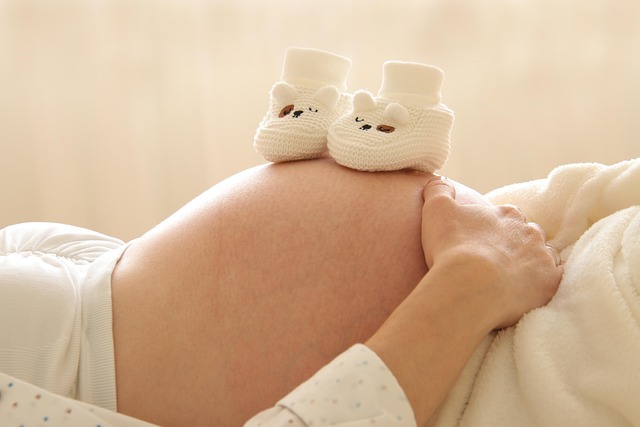Written by Sarah Thompson. Reviewed by Dr. Emily Carter.
You’re not alone if you find yourself asking about early miscarriages or chemical pregnancies. Many people grapple with feelings of confusion and sadness when dealing with such losses, especially if they hadn’t shared their pregnancy news with others. It’s completely normal to feel isolated during this time, and you may be wondering when it’s safe to try again and whether this will happen again in the future.
To start, let’s clarify some key terms: A miscarriage refers to the loss of a pregnancy before the 23rd week. When this occurs before the 12th week, it’s termed an “early miscarriage.” A “late miscarriage,” on the other hand, is a loss that happens between the 12th and 24th weeks, while a stillbirth is classified as a loss after 24 weeks.
What’s a Chemical Pregnancy?
You might have heard early miscarriages referred to as chemical pregnancies. While the term can sound clinical and a bit cold, it’s important to understand that it still signifies a genuine loss. The term originated because these early pregnancies are detectable only through the hormone hCG found in your blood or urine; the embryo is too small to be seen on an ultrasound. If you received a positive pregnancy test and later discovered that you were not pregnant before the 5th week, you likely experienced what some call a chemical pregnancy, which is still categorized as an early miscarriage.
Why Did This Happen?
It’s estimated that around 75% of pregnancies are chemical pregnancies. Most often, these miscarriages occur due to chromosomal abnormalities in the developing embryo. Think of chromosomes as the DNA building blocks that guide the embryo’s development. Errors in chromosome formation can halt the embryo’s progression, leading to miscarriage. Many of these chromosomal issues are simply incompatible with life.
The good news? These types of miscarriages are quite common and usually don’t indicate a larger fertility issue. Many individuals who experience them go on to have healthy pregnancies later.
What Should You Do Now?
Regardless of when you experience a miscarriage, it can be a deeply painful and distressing event. You might feel a mix of emotions, and that’s completely valid. While immediate support may not always be available through your healthcare provider, there are resources out there. For instance, you can reach out to organizations like Tommy’s, where you can speak with a midwife for guidance.
It’s worth noting that many people do not realize they are pregnant until after the 5th week, meaning a chemical pregnancy can sometimes be mistaken for a late period. If you’ve had a positive pregnancy test and then experienced bleeding, it may resemble a regular menstrual cycle.
Questions for Your Healthcare Provider
In the U.K., your GP will only refer you to a recurrent miscarriage clinic under current guidelines if you’ve had three or more confirmed miscarriages. However, some may consider making a referral after just two. If you suspect you’ve had an early miscarriage, be sure to inform your GP so it can be documented.
After your first loss, consider asking your healthcare provider some important questions:
- Are there any blood tests they would recommend to check for potential underlying medical conditions, such as vitamin deficiencies or thyroid issues, that could affect fertility?
- When can you start trying again, and what should you be aware of?
For further reading on home insemination, check out our post on how a same-sex couple welcomed their first homemade baby. Additionally, if you’re interested in at-home insemination options, you might want to explore the Cryobaby at-home insemination kit, which is available through trusted sources. For ongoing guidance, Healthline offers an excellent resource on intrauterine insemination (IUI) and related topics.
Summary
Early miscarriages, or chemical pregnancies, are common and often occur due to chromosomal issues. While they can be emotionally challenging, many individuals go on to have healthy pregnancies afterward. If you suspect you’ve experienced one, it’s crucial to talk to your healthcare provider for support and to address any potential health concerns.

